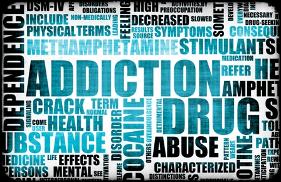


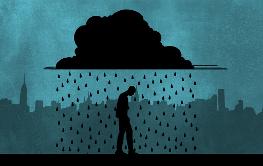

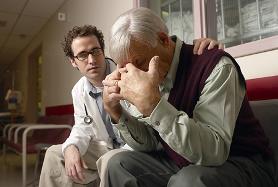
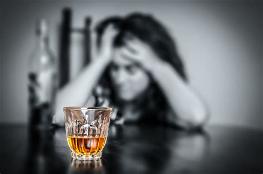



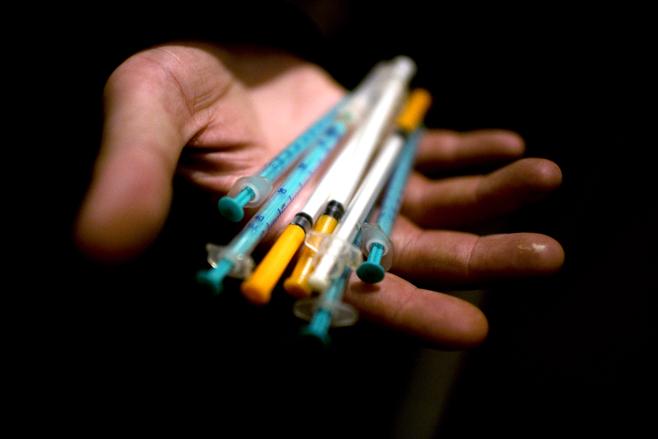

What is addiction?
Since time immemorial human beings have taken natural or man-made substances to try and improve the quality of their lived experience. Recreational drug use and use of alcohol has been part of human culture for thousands of years.
Some people take drugs in moderation and under careful, socially sanctioned, conditions.
Yet for other individuals, use in moderation is not possible, and drug or alcohol use can get out of control. It can lead to major relationship problems, family conflict and workplace challenges.
Recognising addiction
Addiction involves using drugs or alcohol in a way that:
- Puts you in potentially dangerous, life-threatening situations (e.g. you are buying drugs illegally in circumstances where you have contact with individuals who are part of the criminal underworld)
- Interferes with your livelihood or work (e.g. you are not able to carry out your job because you are drugging or drinking so much)
- Involves you in unethical or illegal activity to further your drug or alcohol use (e.g. you steal money or possessions from family members or from strangers in order to buy drugs or alcohol)
- Has a negative effect on your personal relationships (e.g. you neglect your marriage, friendships or other relationships in order to use drugs or alcohol)
- Interferes with your health (e.g. you develop health problems because of neglecting to eat properly or you don’t get enough sleep because of drug or alcohol use)
- You can’t stop taking the drug or alcohol because of psychological or physical dependence on it.
Addiction can also include:
- Addiction to a wide range of legal, over-the-counter drugs such as cough syrup or codeine, or painkillers.
- Compulsive use of the internet and of modern technologies such as mobile phones.
- Compulsive viewing of porn.
Traditional 12-step approach to addiction
The traditional approach to addiction is based on the 12-steps programme. This popular programme was devised in the 1930s by the founders of Alcoholics Anonymous (AA) to overcome addiction to alcohol. The programme was so successful that other addiction support groups adapted the steps to help with other addictions. These include cocaine and heroin, crystal meth and tik, sleeping pills, opioids and pain killers, prescription drugs, over-the-counter medication, marijuana (dagga), gambling, porn, sex and overeating. All use the 12-step approach.
This approach sees addiction as a disease. The addict is seen as always in the process of recovery. Abstinence is essential. Working the 12-steps programme and getting support is seen as the effective way to recovery.
Although the 12 steps mention spirituality, many non-religious people have also found the programme helpful. The language emphasises the presence of God as each participant understands God, allowing for different interpretations and religious beliefs.
I am fully equipped to support and help individuals who address their addiction using the 12-step approach, helping those in recovery, their partners and family members, and also supporting people who work in 12-step rehabilitation programmes.
Another approach to addiction
The 12-step approach works for many people, but not for everyone. I also offer an alternative psychotherapy programme for addiction, based on the SMART method of recovering from addiction. The following principles underlying this alternative approach:
- Out-of-control use of a substance or out-of-control behaviour usually happens when a person’s life is out of balance. Some of the triggers for addiction can include the end of a relationship, being unemployed or retrenched, boredom or loneliness, and dealing with mental health challenges.
- At the beginning of the addiction process, there seem to be many benefits to engaging in the addictive habit. Over time these benefits fall away, and the addiction has much greater costs. These costs are not only about money, but also costs to relationships, to health, to career, to self-esteem.
- The addictive habit often helps the person to cope with unpleasant aspects of life. The SMART approach involves helping you find other and better ways of coping, that don’t have such a high cost.
- Some people are able to engage in the addictive behaviour in a controlled way. Others are not able to control their use. Every person’s experience of addiction is unique. With illegal drugs, it may be an important choice to stop completely.
- Part of the solution for most people is learning how to cope with the cravings. Cravings can be resisted. They often become less strong with time. I can help you find ways of coping with cravings.
- Another component of the SMART solution to addiction is getting balance back in your life, including taking better care of yourself, finding supportive friends, and finding healthier ways to meet your need for thrills.
- Most people who struggle with addiction find that they sometimes slip. It is important to not beat yourself up about slipping or relapsing. A slip does not mean failure. It can help you develop a better plan for coping with cravings.
The SMART approach is widely used in the United States. There is extensive research evidence that this approach can help in recovery from addiction.
